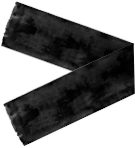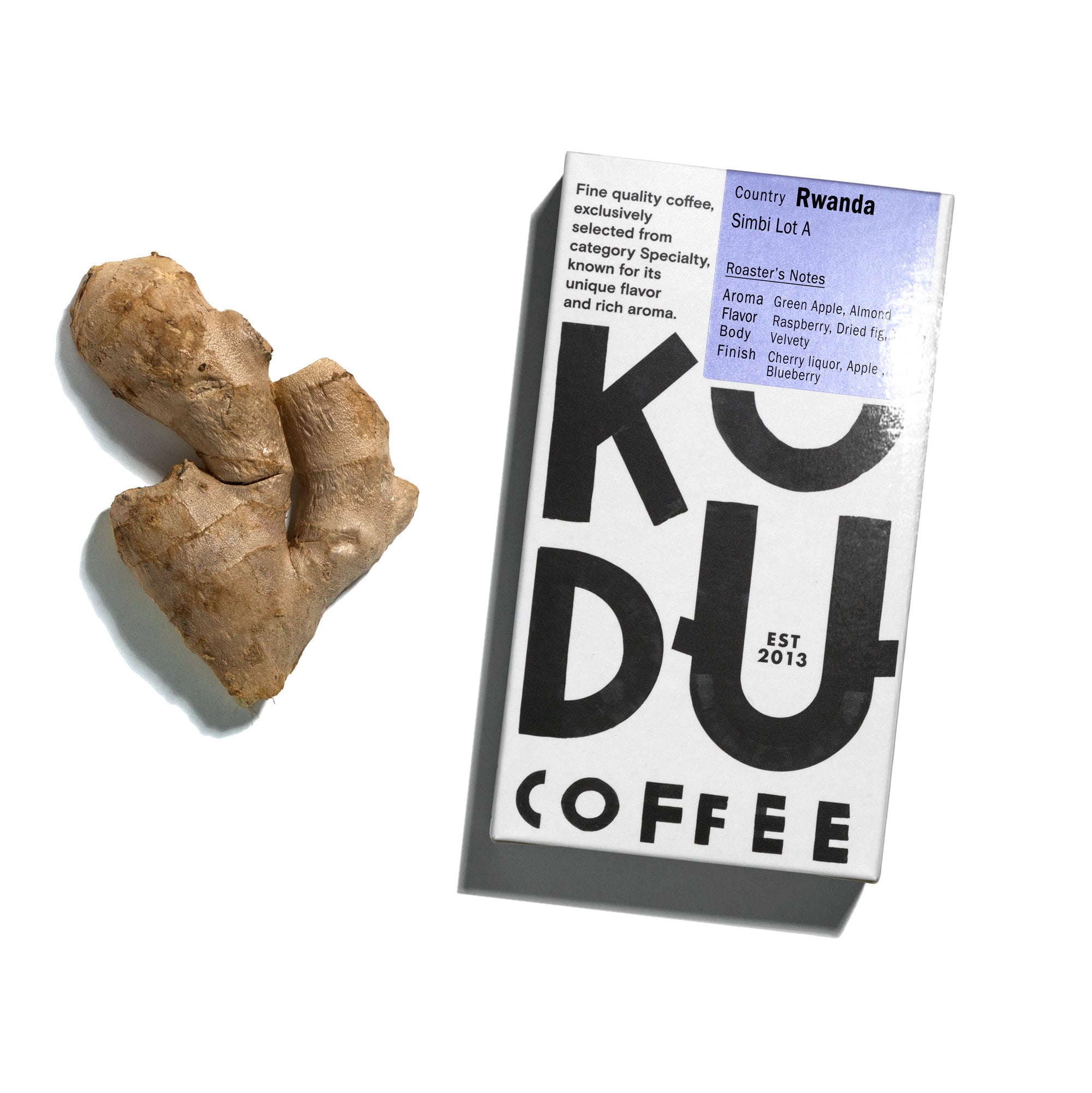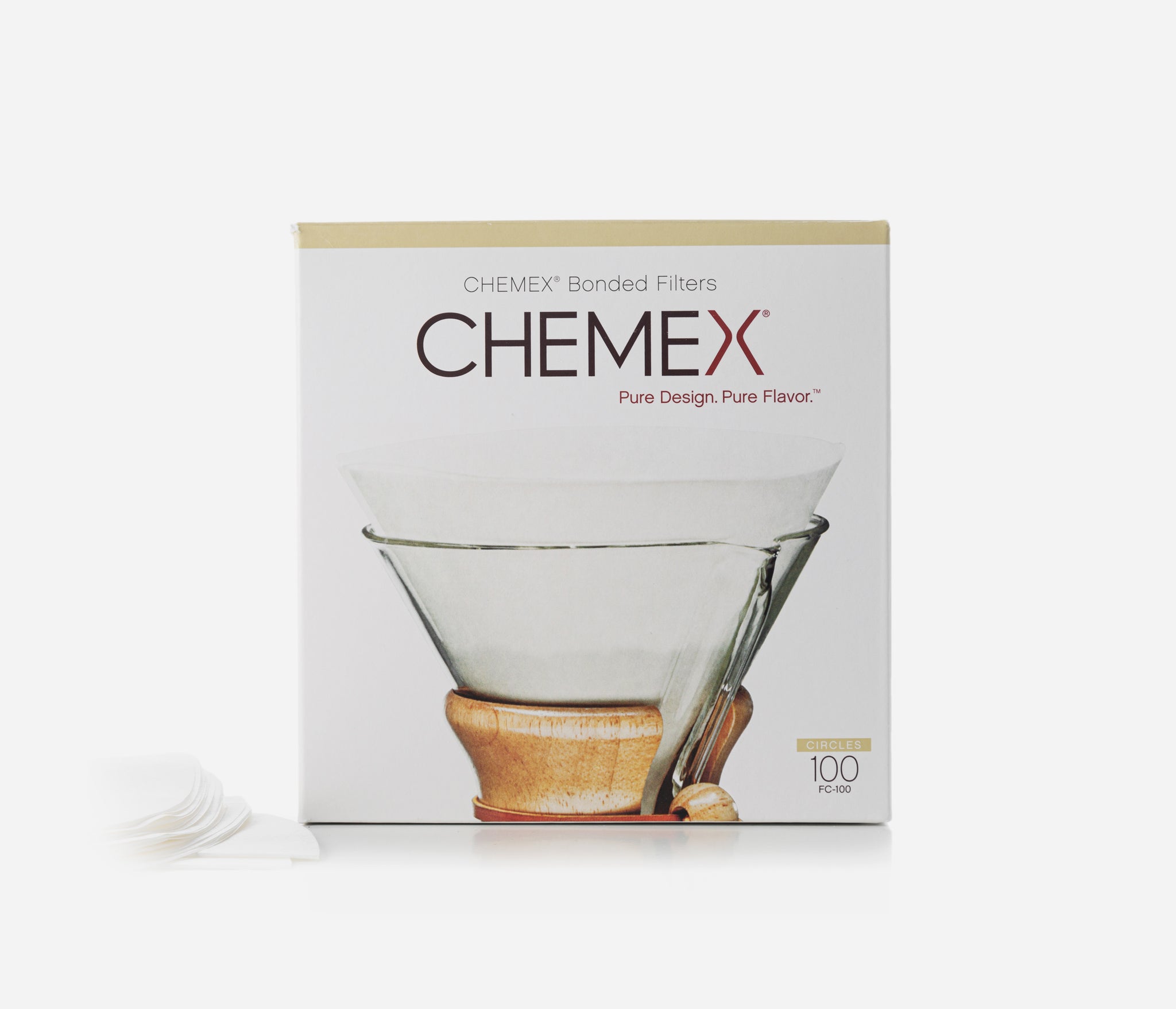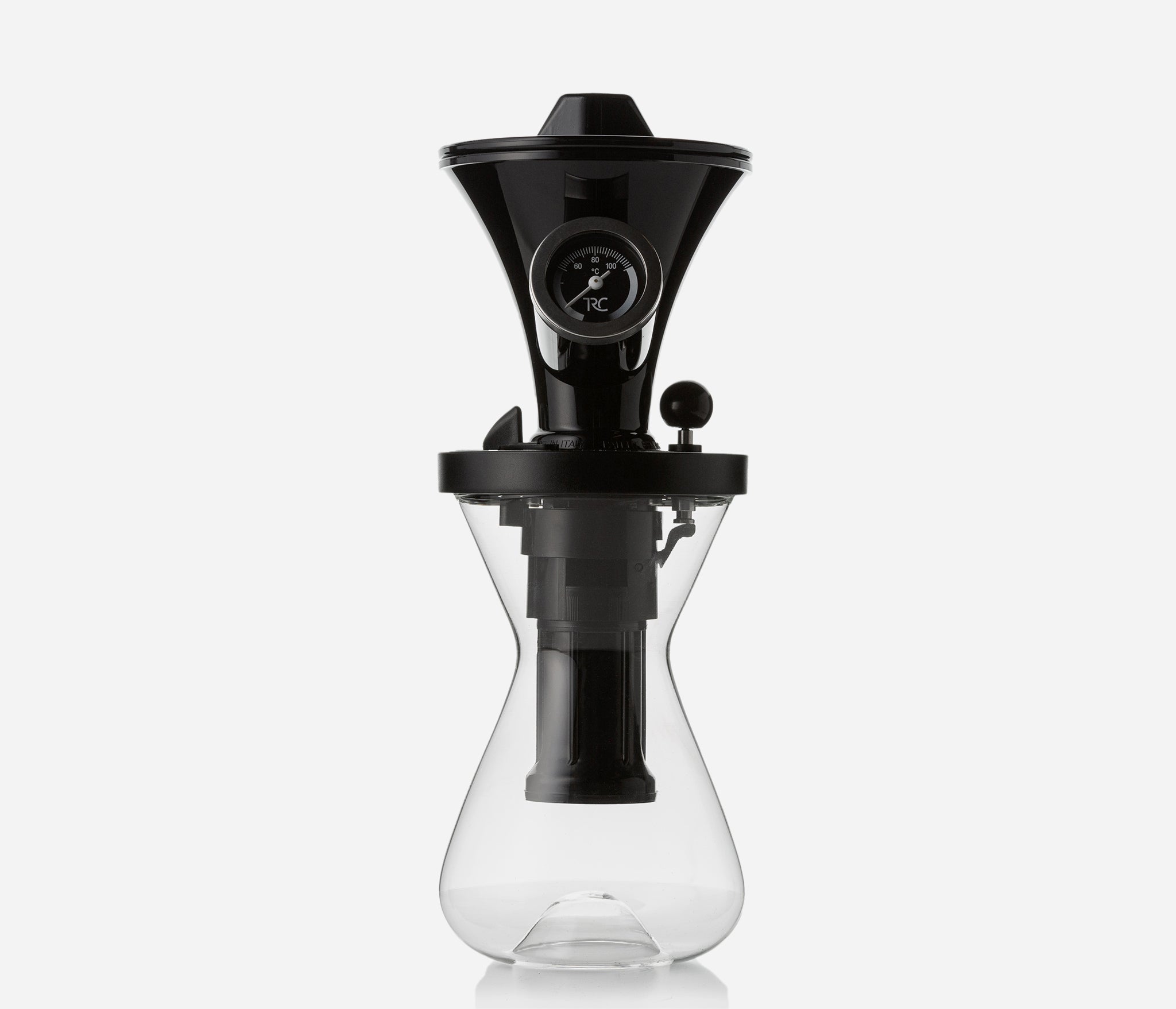Rwanda Simbi Lot A (250g)
Balanced, elegant, gently stated. Green apple, pomegranate, blueberry jam, wisteria, almond, dried fig, toffee in aroma and cup. Savory-leaning structure with tart underpinnings and brisk acidity with crisp, satiny mouthfeel. The finish consolidates to pomegranate and cherry liquor suggestions.
FARM: Simbi
Simbi Washing Station was founded in 2013 by Abdul Rudahunga, enabling farmers in the vicinity of the Huye region to process their coffee. Almost 1,500 small farms deliver their coffee to the Simbi Station, which employs around 80 people during the main harvest season. There is space for 300 tonnes of coffee cherries, which are processed with the help of different methods. From fully washed beans to sun-dried natural coffee cherries, anything is possible.
Thanks to its experimental and careful processing, the Simbi Station produces coffees with exceptional quality. Simbi's coffees have been nominated for the Cup of Excellence several times.
Known as the 'land of a thousand hills', Rwanda offers the perfect climatic conditions for bloody good coffee. Rwanda was also the only African country honored to host the 'Cup of Excellence' competition. Beginning with a rich body through fruity and floral flavors to a creamy caramel aftertaste, Rwandan coffees possess a very complex flavor profile.
The W.S. was built in 2011 and 2012. 2013 was the first season and they started with 85 people working at the W.S. for a period of 3 months - 80% of them women. In 2013 they first paticipated in Rwanda Cup of Excellence and became 9th of 159 samples!
Despite the tragedies of genocide and civil war which shook the world in 1994, Rwanda is an incredibly beautiful and culturally rich nation which also produces exceptionally good coffee. In Rwanda coffee has brought hope for a better future since those dark days and the country is now rightly heralded as a top producer of fine specialty coffee. Rwanda is blessed with ideal coffee growing conditions that include high altitude, regular rainfall, volcanic soils with good organic structure and an abundance of Bourbon coffee trees. The vast majority of Rwandan coffee is produced by smallholders often not much larger than just one hectare per family.
The Simbi coffee washing station is located in the Huye district of Rwanda’s Southern Province. Simbi is a privately owned washing station operated by Abdul, who was inspired to get into the coffee business by his grandmother.



Proud bidded in an Auction directed by Sensible coffee in UK.
About Simbi
PRODUCER:Abdul Rudahunga
TERROIR:Huye Region
ALTITUDE:1800-2000 m
PROCESS:Natural
ARRIVED IN:30kg Vaccum
VARIETIES:Bourbon
AROMA:Green apple, Blueberry, Fig
FLAVOR:Dried fig, Honey, Toffee
BODY:Velvety
FINISH:Cherry, Apple, Blueberry
Coffee was introduced to the country by German colonists in 1904. However, commercial production only really ramped up in the 1930s, under Belgian rule. The Belgian Colonial government focused on covering as much area under coffee as possible, creating a ‘high production-low quality’ trap for many producers in the country at the time. The country, for many years, had a reputation as producer of very low-quality coffee, and during the 1980’s economic crisis and the subsequent political turmoil following the 1994 genocide, coffee production was almost entirely levelled.
While travelling around this vibrant, welcoming country it is almost impossible to believe the scale of the violence that erupted in 1994, when more than an eighth of the population (primarily minority Tutsi) was massacred in only 100 days. From this unimaginable destruction, Rwanda has regenerated in an extraordinary way. It is now considered one of the most stable countries in the region, and its economy has grown by an annual average of 7-8% since 2003. Coffee production, along with tea exports and tourism, has been a key driver of this economic growth and stability.
Despite Rwanda’s huge potential for quality production, its specialty coffee industry is still young. The first private washing station was built in 2001, with the help of USAID-financed projects, PEARL (now SPREAD) and ADAR. These transformational programmes were aimed at switching the focus in the Rwandan coffee sector from an historic emphasis on quantity to one of quality and so opening up Rwanda to the far higher-earning specialty coffee market.
Many new washing stations have sprung up since 2001, allowing co-ops and local private buying groups to process cherries themselves and, therefore, sell them on to international buyers for far higher prices. As of the end of 2013, the country had 220 washing stations. Before the proliferation of these washing stations, the norm in Rwanda was for small farmers to sell semi-processed cherries on to a middleman - and the market was dominated by a single exporter (whose monopoly status made for even less flexibility on price). This commodity-focused system - coupled with declining world prices in the 1990s - brought severe hardship to farmers, some of whom abandoned coffee entirely.
Today, it’s a different picture. Farmers who work with the washing stations have seen their income at least double. Meanwhile, following a dry run in 2007 with the ‘Crop of Gold’, Rwanda held its first Cup of Excellence competition in 2008 and since then has introduced many more buyers to the exceptional Bourbon coffees that this country produces.



